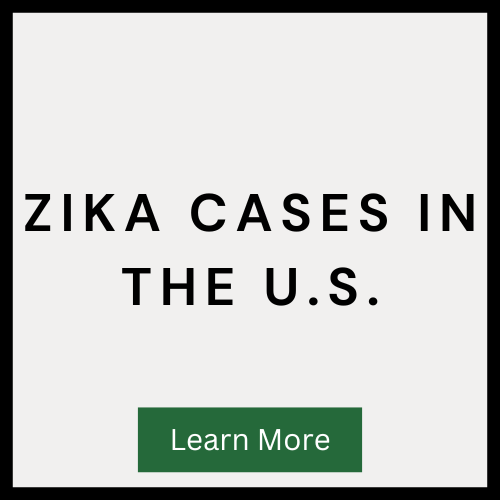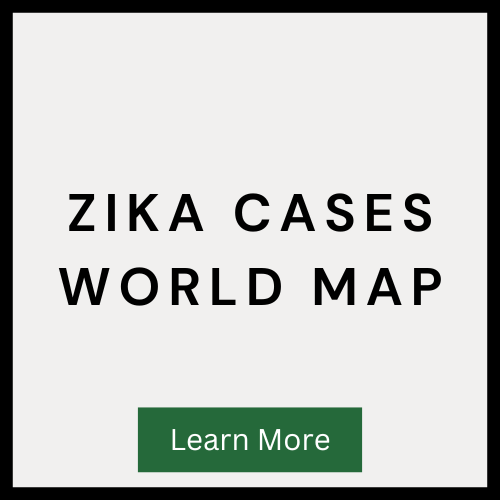What You Need to Know About Zika for Travelers
- Zika is spread mostly by the bite of an infected Aedes species mosquito (Ae. aegypti and Ae. albopictus). These mosquitoes bite during the day and night.
- Zika can be passed from a pregnant woman to her fetus. Infection during pregnancy can cause certain birth defects.
- There is no vaccine or medicine for Zika.
- To learn more, visit our Zika webpage.
Prevent mosquito bites
- Zika virus is spread to people mainly through the bite of an infected mosquito.
- Mosquitoes that spread Zika and other viruses bite during the day and night.
- The best way to prevent Zika is to protect yourself from mosquito bites.
- Everyone, including pregnant and breastfeeding women, should take steps to prevent mosquito bites.
- When used as directed, EPA-registered insect repellents are proven safe and effective, even for pregnant and breastfeeding women.
Zika Can Be Passed Through Sex
Additionally, Zika can be passed from a pregnant woman to her fetus. Zika infection during pregnancy can cause a serious birth defect called microcephaly that is a sign of incomplete brain development. Doctors have also found other birth defects among fetuses and infants infected with Zika virus. It is for this reason that pregnant women are advised not to travel to areas with Zika, at all.
If you were exposed to Zika through travel or sex and are of reproductive age, it is very important for you to avoid transmission of the virus to a pregnant partner and wait to become pregnant. Visit the CDC website for specific information about how to prevent pregnancy or for women and their partners trying to become pregnant.
Posters to share with colleges, travel agencies and clinics who may be working with people planning to travel:
- Poster: What to do if you get Zika
- College Spring Break fact sheet
- Family Spring Break fact sheet
- Mosquito Bite Prevention for Travelers
- Pregnant? Read this before you travel
- Travelling to the American Tropics?






